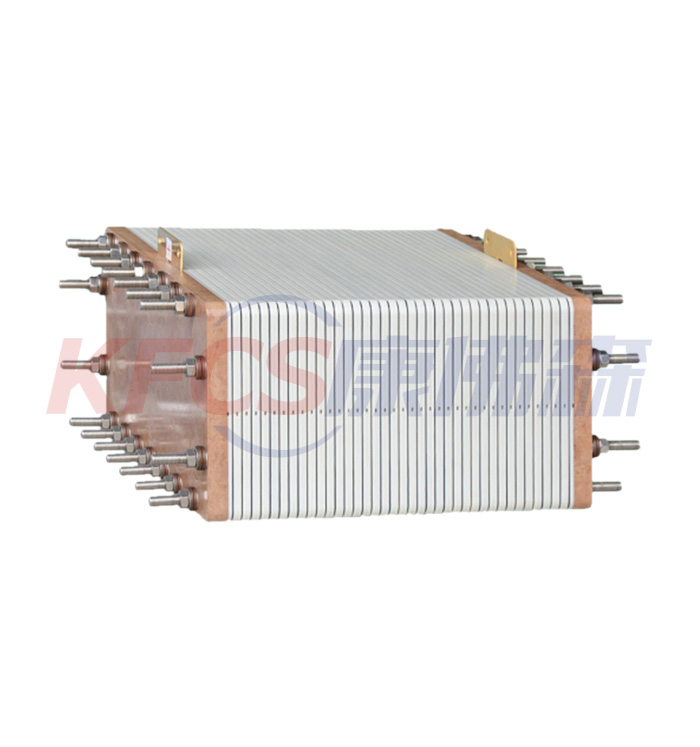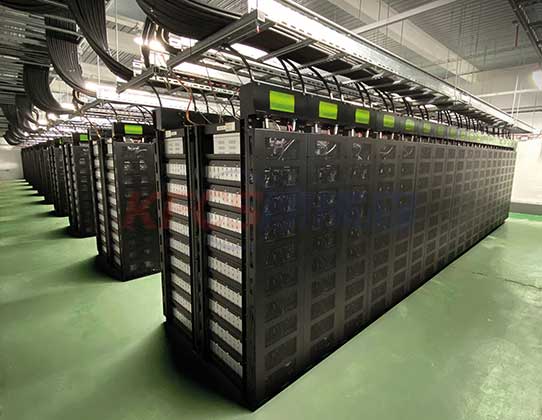Application of all-vanadium redox flow battery
2022-01-11
Application of all-vanadium redox flow battery
Limited by the solubility of vanadium in water, compared with lithium-ion batteries and another energy storage "hot spot" all-solid-state batteries, all-vanadium flow batteries always have the disadvantage of low energy density. The electrolyte aqueous solution leads to a relatively larger battery volume and requires a complex piping system. Therefore, flow batteries are not suitable for mobile devices such as electric vehicles, and are limited to stationary energy storage.
Although the application is still limited, many industry experts have expressed confidence in it. "If the investment is increased, the all-vanadium redox flow battery still has a lot of room for development in terms of performance and cost control, and it is far from reaching the 'ceiling'." Zhang Huamin said. Lv Lishun also believes that in a low temperature or extremely high temperature environment, all-vanadium redox flow batteries will be safer and more reliable than lithium-ion batteries and lead-acid batteries, and still have their own specific market needs.
About News
- The world's largest 100MW all-vanadium redox flow battery energy storage and peak-shaving power station has entered the single module commissioning stage
- Advantages of vanadium batteries
- New progress in lithium-sulfur battery research: special sulfides do not react with carbonate electrolytes
- Vanadium battery energy storage system (4MW class)
- World's largest lithium-vanadium hybrid energy storage system starts up at Oxford Energy Centre
- Advantages of vanadium redox battery
- Energy storage operation and maintenance solutions
- Battery industry production continues to grow
- What are the differences between power lithium batteries and energy storage lithium batteries?
- Application of vanadium battery in photovoltaic power generation
Products








